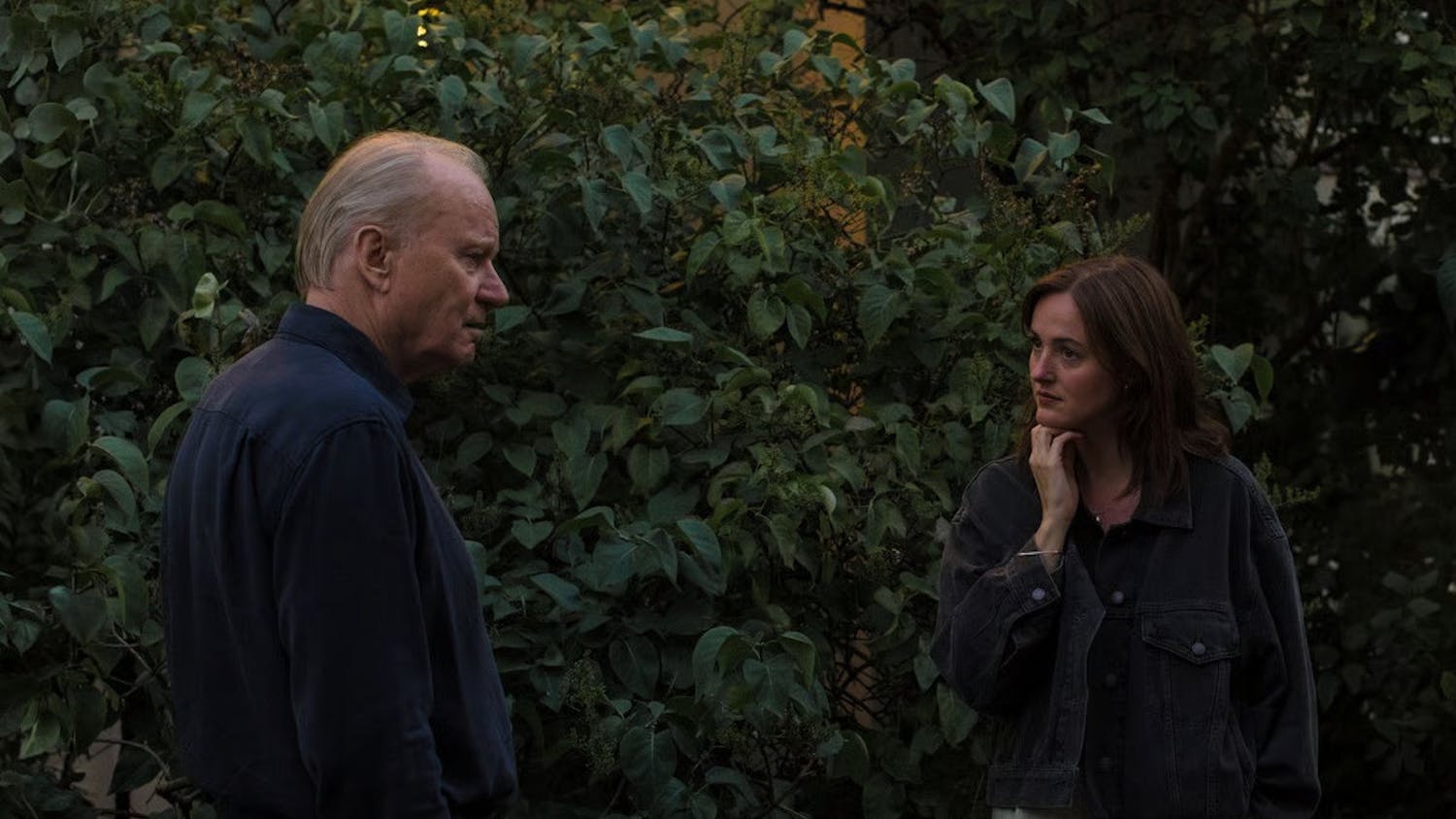Travis Swanson, a Ward 7 resident, says he has too many spare ingredients in his fridge. The Advisory Neighborhood Commissioner often throws out excess food, even if he portioned everything carefully.
Celery was the most recent culprit. Swanson was about to throw it out, but instead threw it into his new city-provided composting bin.
“Ultimately, some of it does historically end up in the trash, so it was nice to have an option to not put it there,” Swanson said.
Next year, the D.C. Department of Public Works will give him soil in return for using the new option.
Swanson’s is one of thousands of households participating in the Department’s curbside composting pilot. Participants place compostable materials in a provided container and put that container outside every other week for collection crews to empty, according to Zero Waste DC.
Public Works composts the material mostly at the Prince George County Organics Composting Facility. The Department will also give participants at least five pounds of composted soil at the end of the one-year pilot.
Ward 8 participants received their materials on Aug. 28, making them the first to start composting, according to Zero Waste DC. Participants from Wards 4 and 5 received their curbside composting materials the week of Oct. 2. People in those wards were the last residents to receive materials for the pilot.
Only people living in buildings designed for three or fewer households could sign up for the pilot when applications were open between April and May.
Swanson, who lives in a two-household building, said he signed up for the program partly because it fits in his living space and mitigates the guilt he has from cooking dishes.
He said he’s aiming to prepare a dish from every country, which requires lots of ingredients.
“You do end up buying a lot of things that you’re not going to use again because it’s an ingredient that you might not use for a lot of other things,” Swanson said.
On top of that, stores typically sell larger quantities of food. Swanson said he prefers composting to the alternative of freezing excess ingredients, which don’t keep forever.
“A lot of things are sold in quantities that we just don’t need,” Swanson said.
Cory Westbrook, a Ward 1 resident and author, said the program makes her daily compost routine easier.
“It’s a really important part of trying to reduce carbon footprint and it’s an easier one now,” Westbrook said.
Westbrook said she started composting at least a year before she started the program on Sept. 18, but the container Public Works provided means she can compost more and not worry about delivering it to a food waste drop-off point.
Before, Westbrook would throw out food scraps when her personal compost container was full. She can now put compost into the larger Public Works container after her smaller container fills up.
“I can now compost everything,” she said.
Her friends can also compost more, she said. Everyone she knew who signed up for the pilot was accepted, she said. They’re planning to use the five pounds of compost Public Works will give them in their gardens.
“For people who have been composting and trying to do this for a long time, this just makes it so much easier,” Westbrook said.
Edited by Soumya Sahay, Patricia McGee and Abigail Pritchard. Copy editing done by Isabelle Kravis and Charlie Mennuti.





